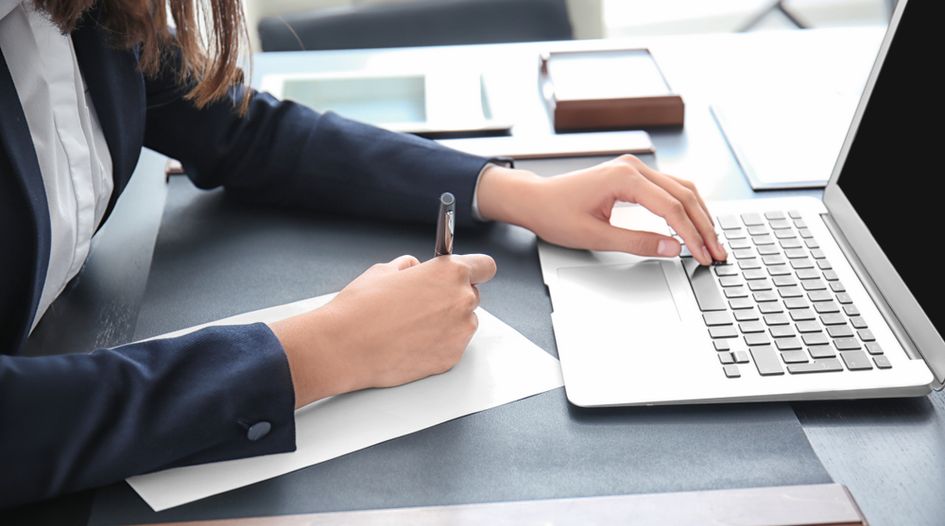How client demands have changed for IP practices over the last 10 years

Elite practitioners speak out about the solutions and services patent owners expect from their outside counsel
IAM has now published its annual Global Leaders, in which many of the world’s foremost private practice patent experts reflect on their professional journeys to date and offer insights and guidance into career development, practice management and patent industry trends.
Among the subjects explored, we asked those at the top to consider how client needs have changed – or not – in the last decade. Their responses provide an illuminating window into 10 years of transformation in the patent world.
A growing appreciation for patents as commercialisation vehicles
“Over the years, I have observed that Danish companies within the area of food science and food technology have become more focused on protecting their technology than was previously the case. Client demands have also shifted from a focus on obtaining patent rights to a growing appreciation of the commercial aspects of these rights. For example, my counselling is now increasingly concerned with creating patent rights that generate value for my clients’ businesses. In my practice, freedom-to-operate analyses, monitoring competitor rights and hence guiding companies in how to navigate through competitors’ patent rights have become everyday work.”
Katja Sørensen, partner at Plougmann Vingtoft
Clients still expect the best and this is as it should be
“Client demands on IP trial lawyers have always been exceedingly high and usually unforgiving in complexity and with regard to room for error – that is any error, of any size, shape or characteristic. This has not changed and nor should it. Fee issues inherent in the hourly billing system are often a major irritant to both client and lawyer – I spend a lot of time trying to avoid these by planning in advance and adjusting as exigencies require (to the extent to which this is possible in a trial-centric practice).”
Kenneth R Adamo, principal at the Law Office of KRAdamo
Broadening your expertise is a must
“We have seen both start-ups and multinationals becoming more serious about IP protection in the Chinese market. Start-ups usually need to rely on innovation in a niche technical field in order to develop their business, so their needs cover both patent strategy with regard to the need to build up a strong global patent portfolio and other legal issues, such as licensing in or IP due diligence. Most multinationals have put China in tier 1 when it comes to global portfolio management and always choose it as a first priority for filing patent applications. In addition, data compliance and cross-border technology control have become more prominent issues. To adapt to the changing demands of clients, I worked with the team and organise study groups to learn new knowledge and then draft memos regarding common legal issues so that I can advise clients.”
Lili Wu, partner at Han Kun Law Offices
A seamless service has become the norm
“Client demands have increased. Patrons are now much more focused on the content of their patents. The administration and the international roll-out of their intellectual property is a minimum prerequisite, which they expect to be perfectly carried out by their firm. Quality, cost-awareness and speed are crucial.”
Jürgen Feldmeier, managing partner at Prüfer & Partner
Patent-savvy companies want more tailored solutions
“I have experienced a change in client demands, specifically requiring more individualised services. Our clients’ knowledge of patent law has generally increased over the last two decades, and today more of our clients have an in-house patent professional. Thus, as a patent consultant you now meet with more specific demands tailored to the particular needs of the client, since they can formulate the needs and ask for individual solutions. This calls for patent consultants who are flexible and willing to offer non-standard services. Although the pandemic has created problems with electronic chip delivery from Asia, I have experienced a lot of interest in intellectual property, in spite of cut-downs in some companies.”
Michael Friis Sørensen, senior patent attorney at Plougmann Vingtoft


